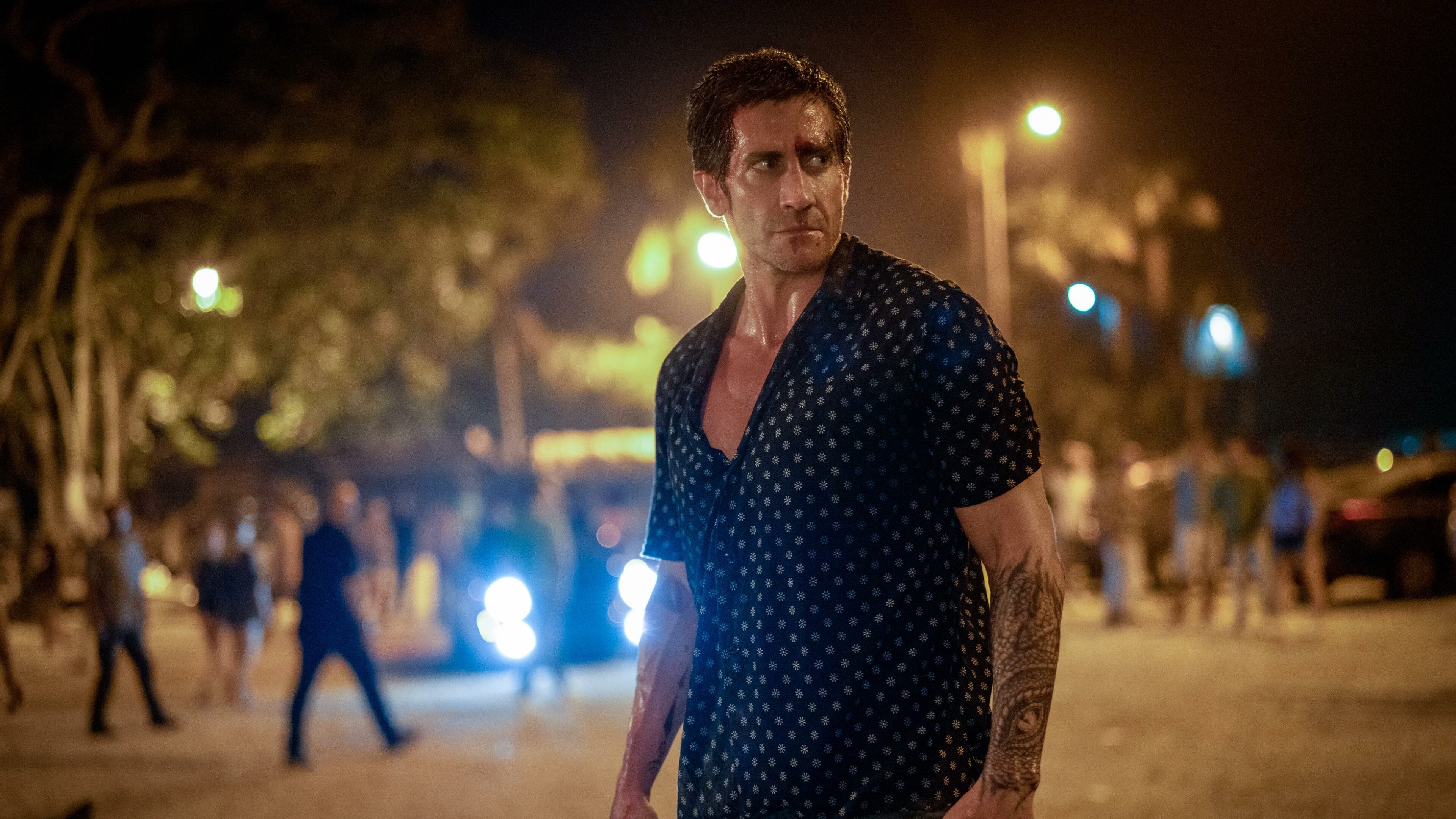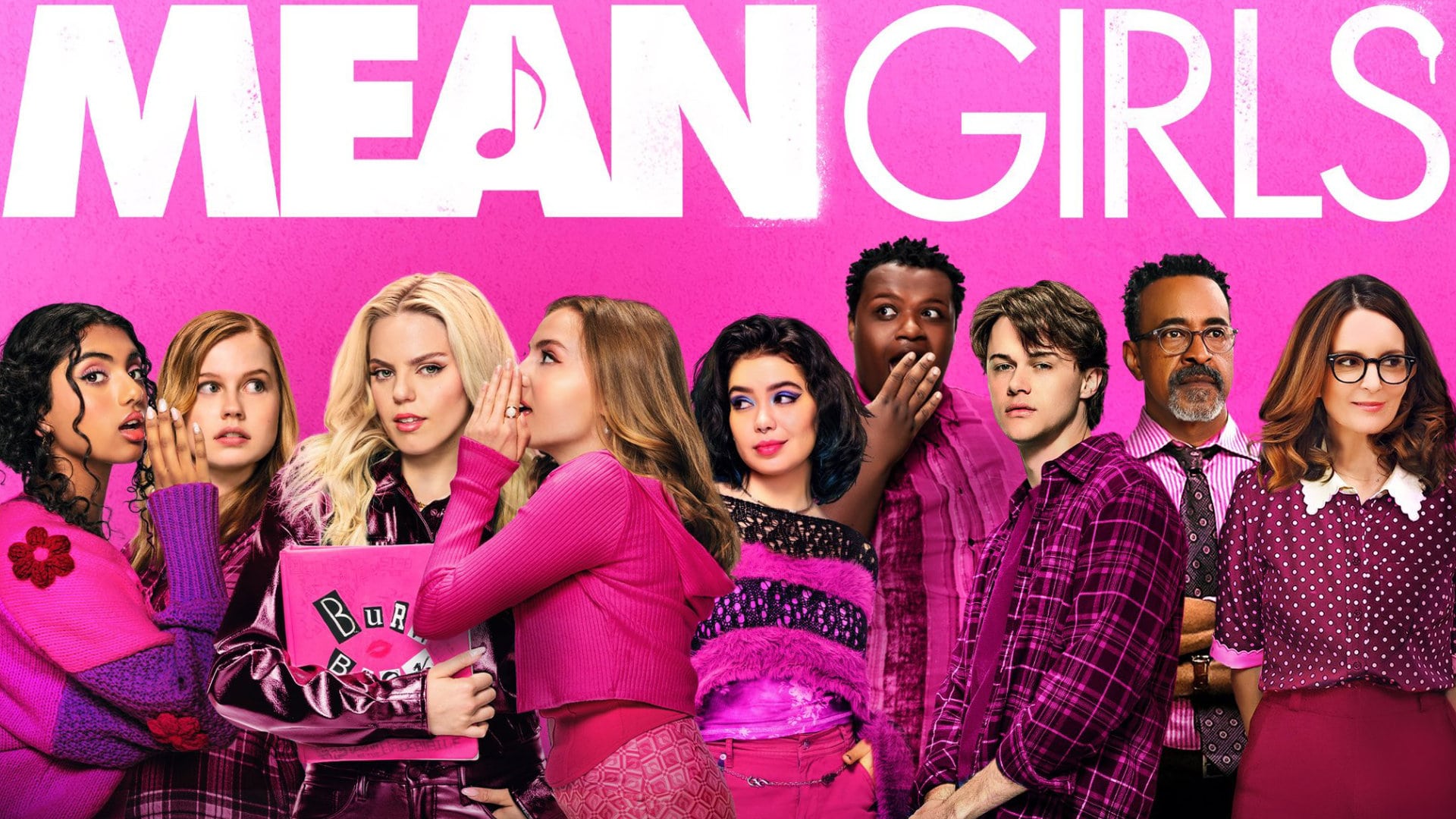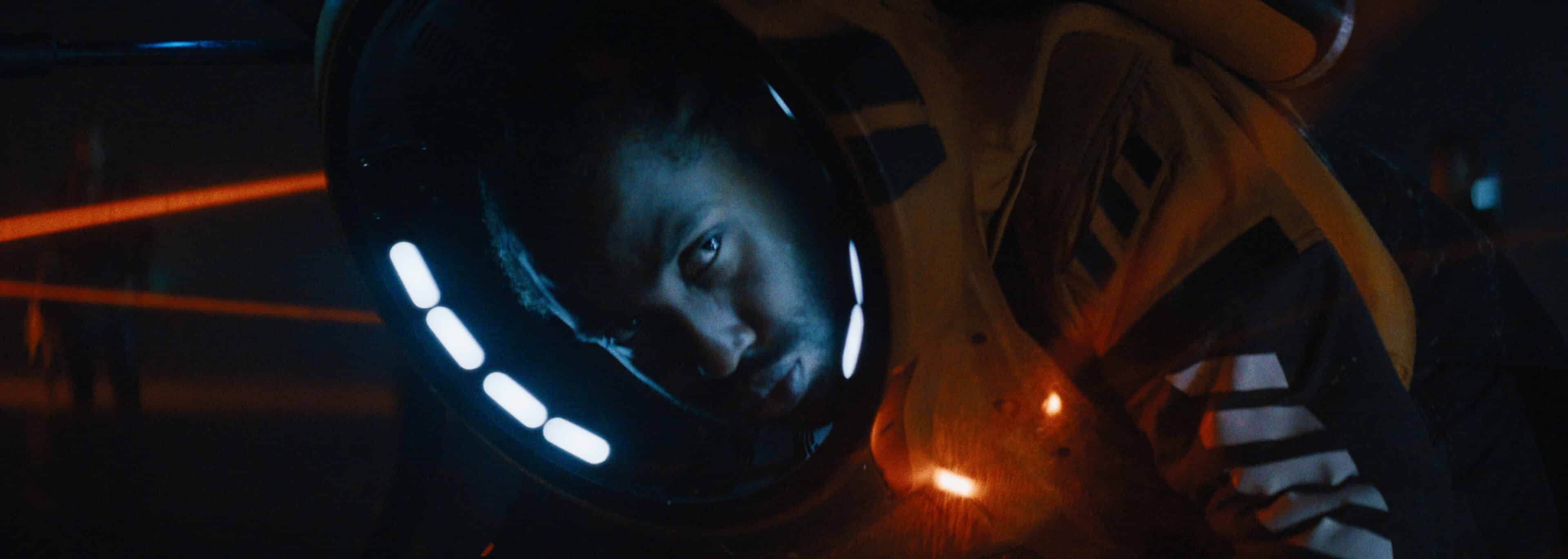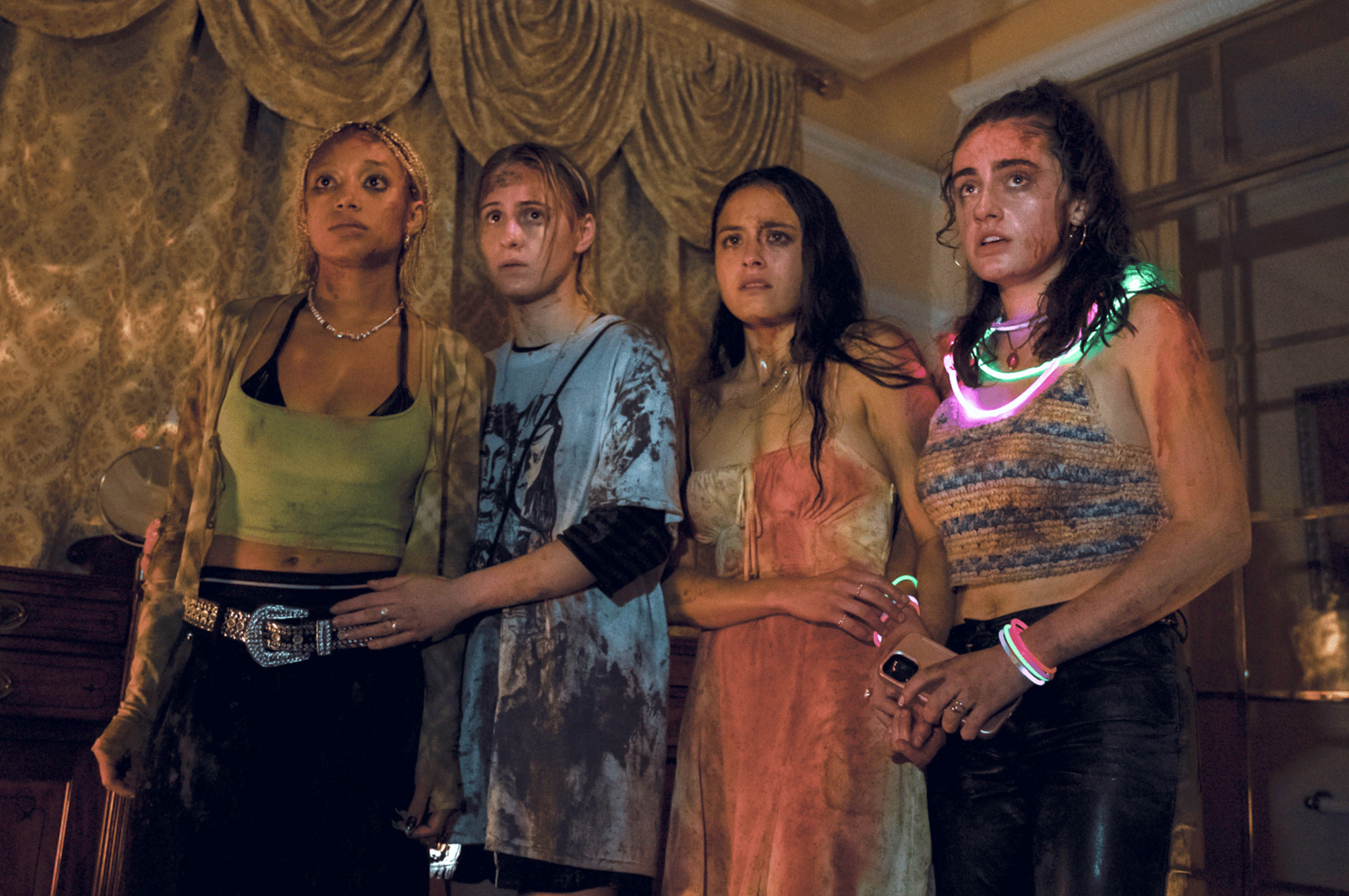The Grinch review: Eighteen years since the last adaption, Christmas joy and holiday shenanigans (with a few contemporary twists) are brewing once more in Dr Seuss’s iconic Whoville. The Grinch is back to wreak his familiar havoc, and then some.

Credit: Universal Pictures/ Illumination
Everyone remembers their own Grinch. Whether the snowy spectacle of Whoville and the mean, green one’s Christmas Eve heist came to us through the page, the radio, the TV or even Jim Carrey’s bellowing rendition, his tale – of spirit lost and found – belongs to us all.
When taking on a story so beloved, and remembered, the trouble might start with figuring out just how much to revere and how much to re-imagine. Fortunately Cheney and Mosier have just about found the balance. Seuss’s message remains the marrow at the deepest part of the visual feast of Illumination’s stylish animation.
The opening shot of Whoville is pretty breathtaking, and can’t help but show off just how far animated artistry has come since 1966’s cartoon. The home of the Who’s — spritely, merry little creatures who live for Christmas — is revealed in a long, spectacularly detailed tracking shot. Towers of presents, gingerbread-like stores brimming with wreaths and ribbons (what the Who’s make a livelihood from when December is over is an eternal mystery) and sprawling streets of snow wriggle their way round colourful doorsteps, picking up and introducing characters along the way. Not one bit of the frame is left without something to find, and each glimpse — of families gathering supplies or one ice-skating dog — leaves you quite helplessly smiling.
The richness of the landscape first imagined so long ago feels like an ostentatious ribbon atop a familiar gift; nothing here is exactly new, but the beautiful way it’s been recaptured makes us almost feel it is so.
From there things go almost exactly the same. We encounter the Grinch (Benedict Cumberbatch, with a startling but ingenious american twang) hiding away from the festivities in his distant Mount Crumpet lair, grumbling away at the Who’s for the way they so relish the holiday he so hates.
Cumberbatch’s Grinch is part goofball, part cryptid. The vocal range is something to behold, and he gamely keeps up with, and even emphasises, the versatility of the animation by running his voice ragged. Shrieky and hysterical during the shtick scenes, he also pulls off the creepy, grouchy, uncanny glee of the character just as well. It’s a fittingly creative interpretation, worthy to stand alongside all predecessors.
This time around the Grinch appears to need an extra incentive to steal Christmas. It’s only when he gets wind of Whoville’s plan to make the holiday no less than three times bigger, tower block sized tree included, that he sets out to destroy their fun once and for all.
Cheney and Mosier hang shiny new ideas like baubles off of the familiar plot. Not all of them will work for fans of the old fashioned telling — there seems something almost garishly overdone about the insert of vine’s screaming goat or the Grinch’s hot-panted work-out scene in prep for his heist, at least if they’re compared to the whimsical subtlety of the poem. But kids will love those jokes regardless, and this is more for them by far.
Besides, most of the modernisations and twists are quite lovely. The Grinch’s radio alarm blaring hits like here comes Santa Claus to torture him, Kenan Thompson’s scene stealing Grinch fanboy ‘Bricklebaum-Who’, and Max the dogs rivalry with another furry friend are all great.
Cindy Lou Who is also a stronger character than ever here, raised this time by a single Who-mum (Rashida Jones) in a sweet extension of what a ‘family holiday’ means. Voiced charmingly by Cameron Seely, Cindy’s plan to catch Santa Claus to ask him to better her struggling, working mother’s life with an endearing crew of friends is a well-done and complimentary parallel to the Grinch’s evil scheme. The two stories collide to make the heart of the film, as Cindy’s immaterial wish unlocks the Grinch’s empathy.
But of course, we already know what the best parts of the story will be, as they always have been. Taking up the mantle from Boris Karloff’s soothing Seussian 1966 narrator is Pharrell Williams, Illumination’s resident bop-maker and musical ear. Williams is the calm in the storm of slapstick and added plot points. In some of the film’s truly magical scenes he recites the original limericks of the book, what most people will be waiting for: that of the Grinch’s growing heart and the Who’s retention of hope.
It’s especially effective in the penultimate scene.
As the Who’s sing around the emptied town, Cumberbatch’s voice fades to a vulnerable murmur, William’s lilt summons old fashioned Seuss, and Danny Elfman’s haunting original score chimes in as his most festive since A Nightmare Before Christmas. It’s perfectly poignant as a mix of the old and the new that works, for once, in perfect harmony. It’s way too brief a scene, and should have been given more room to be truly relished instead of lame meme references, but as the Grinch knows, you can’t have it all.
The central tenants of 1957’s How the Grinch Stole Christmas are still strongly present at the centre of an otherwise fluffy display. Illumination proves Seuss is an original voice that can’t be enriched by extra gags (or goats), but can, at least, be delightfully redecorated by a talented cast and stunning visuals. For seasonal entertainment that will delight the kids, and remind us why we love the ultimate holiday fairytale, this film is a fine gift.
The Grinch review by Abi Silverthorne, November 2018.
The Grinch is released in cinemas on 9th November 2018.

Latest Posts
-


Film Trailers
/ 5 hours agoWWII film ‘The Man with the Iron Heart’ gets a new trailer
Paramount has released a new trailer for their WWII film The Man with the...
By Paul Heath -


Film Trailers
/ 6 hours ago‘Magazine Dreams’ gets a full trailer ahead of release
After premiering at the Sundance Film Festival a couple of years ago to pretty...
By Paul Heath -


Film News
/ 6 hours agoEddie Murphy sets superspy movie ‘Blue Falcon’
Eddie Murphy is set to appear in a new movie titled Blue Falcon, a...
By Paul Heath -


Film News
/ 7 hours agoJake Gyllenhaal set to star in M. Night Shyamalan’s next film
Some big news for this Wednesday in that it looks like Jake Gyllenhaal is...
By Paul Heath








